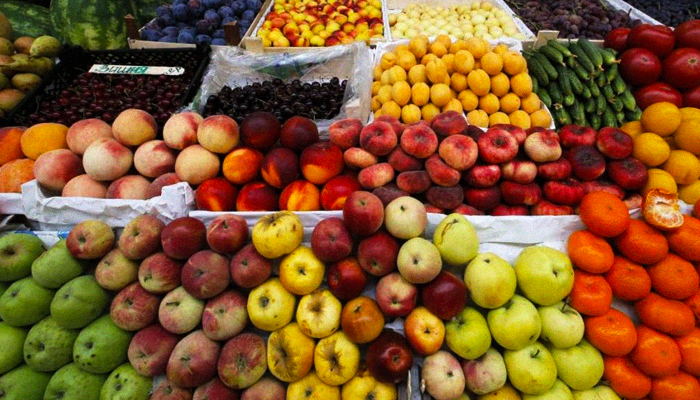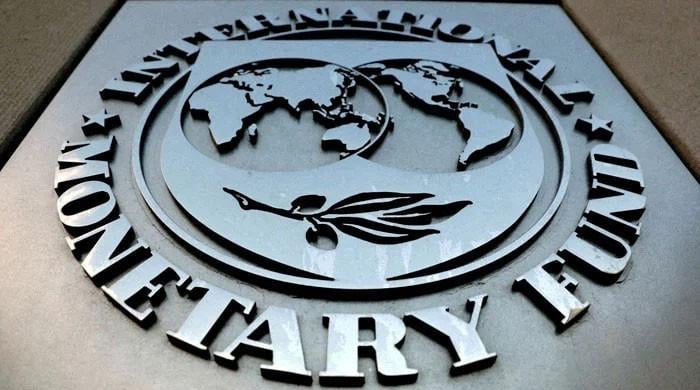Pakistan to benefit from Kuwait's ban on Indian fruits' import: FPCCI official
FPCCI VP Waheed Ahmed said the exports of fruits and vegetables from Pakistan to Kuwait would now double in volume
June 04, 2018

KARACHI: Kuwait's ban on fruits and vegetables imported from India would be beneficial for Pakistan, a top official associated with the country's trade and industry body said on Sunday.
Waheed Ahmed, the vice president at the Federation of Pakistan Chambers of Commerce & Industry (FPCCI), explained that exports of fruits and vegetables from Pakistan to Kuwait would consequently double in volume now that the latter had banned the imports of the same from India owing to the outbreak of the Nipah virus.
Noting that the Nipah virus had, at present, affected two states in India, Ahmed reiterated the Kuwaiti Food Safety Review's warning that the Nipah virus posed a risk to both humans and animals.
Kuwait had earlier announced that it was implementing a ban on the imports of fruits and vegetables from India, according to a statement by its trade ministry.
A committee at the Public Authority for Food and Nutrition — the Kuwaiti food safety and regulatory authority — cited Nipah virus outbreak in India's Kerala as the reason behind the latest decision taken by the Ministry of Commerce and Industry.
Infections were spreading in India's Kerala and other states in its south due to the Nipah virus outbreak, the Kuwaiti ministry said, adding that it posed a risk to both humans and animals.
Dr Mustafa Redha, the undersecretary of health, "affirmed that the ministry will take urgent precautionary health measures to prevent the outbreak of Nipah virus in the country after cases of infection were confirmed in the State of Kerala in South India", website indiansinkuwait reported.
It said that an advisory had been issued to implement relevant precautionary measures at health facilities in Kuwait.
Last week, the United Arab Emirates (UAE) had also imposed a ban on fruits and vegetables from Kerala, the Indian state, due to the same Nipah virus outbreak.
The rare brain-damaging Nipah virus has killed 13 people in the southern Indian state of Kerala, the UAE noted on Tuesday.
The UAE's Ministry of Climate Change and Environment (MoCCaE) also notified other local authorities, including the Abu Dhabi Food Control Authority (ADFCA) and the municipalities of its emirates, to prevent the entry of any fresh produce from Kerala, it had said in a statement.
The ministry suspects that fruit bats are the source of the virus. It said it was banning fresh produce, including mangoes, dates, and bananas — the bats’ preferred fruits.
Indian health officials have been unable to trace the origin of the outbreak and have commenced a fresh round of tests on fruit bats from Perambra, the suspected epicentre of the infection.
Kerala sent 116 suspected cases for testing in recent weeks, 15 have been confirmed with the deadly disease and 13 of these people have died, with two patients still undergoing treatment.
No confirmed cases of the virus have been found outside the state.
There is no vaccine for the virus, which is spread through body fluids and can cause encephalitis, or inflammation of the brain, the World Health Organization (WHO) says.











